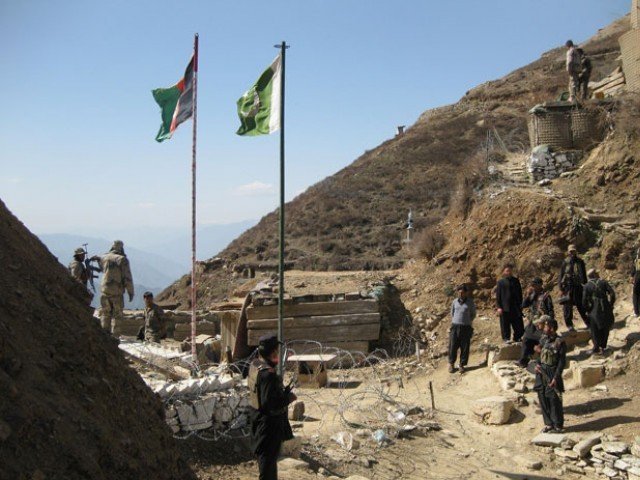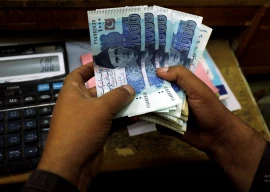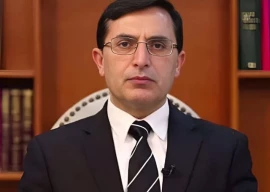
In view of growing concerns over militant infiltration in border areas, Pakistan has decided to improve the border monitoring mechanism to restrict the activities of “undesired persons” across the border.
There is a strong perception among the law enforcement agencies that because of the Afghan government’s weak writ, infiltration has become a routine matter, said an official of the interior ministry.
Pak-Afghan border security discussed
Referring to the attacks on the Army Public School in Peshawar and the Bacha Khan University in Charsadda, he said these elements easily enter Pakistani territory to launch terrorist schemes, including attacks on educational institutions. Currently, management and control of the Pak-Afghan border is the joint responsibility of all the LEAs. In pursuance of the objective to control the borders on the Pakistani side, the Frontier Corps of Khyber-Pakhtunkhwa and Balochistan have taken some fresh initiatives to check and control movement of terrorists into Pakistani territory, said another official.
According to the officials, frequent combat patrolling along the Pak-Afghan border is carried out according to new arrangements.
Besides conducting search of suspicious houses, intelligence-based operations against suspected miscreants are conducted at many locations.
Similarly, construction of 453 kilometres of obstacles, including an anti-smuggling ditch, has been carried out to stop human and vehicle movement. Pakistan claimed that it has also deployed ground surveillance radars at important locations to detect human movement.
Experts call for strict Pak-Afghan border management
Pakistan and Afghanistan share around 2,400km-long porous border. Following the 9/11 intervention of the US-led Nato forces in Afghanistan, Islamabad tried to fence the border area but it could not be implemented mainly because of unfeasibility of the very costly project.
The completion of 100 years of the Durand Line is also being discussed in both Pakistani and Afghan circles amid suggestions that both governments need to resolve the issue, for which some experts have suggested a referendum.
“This issue mainly concerns the Pashtun, and they can amicably find a workable solution,” said Afghanistan Research and Evaluation Unit Deputy Director Mir Ahmad Joyenda.
Syed Ahmad, a professor at the Kabul University, said: “It is surprising for me that this issue could not be resolved during the Pakistan-backed Taliban regime in Afghanistan.”
Army wants better managed Afghan border
Pakistan’s plans for mining and fencing the border were renewed in 2006, but these plans were opposed by the administration of former Afghan president Hamid Karzai, as he said: “Fencing will result in limitation of freedom of movement of Pashtun tribes.”
In 2013, the Afghan foreign ministry formally protested and raised “grave concerns” over what it called the “Pakistani military’s unilateral construction and physical reinforcement activities” along the border in the eastern Nangarhar province.
Afghanistan does not recognise the Durand Line itself as a legitimate border, as it divides the Pashtuns’ ethnic homeland in two. Afghanistan contends that the installation of a physical barrier would make this border permanent.
Published in The Express Tribune, January 27th, 2016.

















COMMENTS (10)
Comments are moderated and generally will be posted if they are on-topic and not abusive.
For more information, please see our Comments FAQ